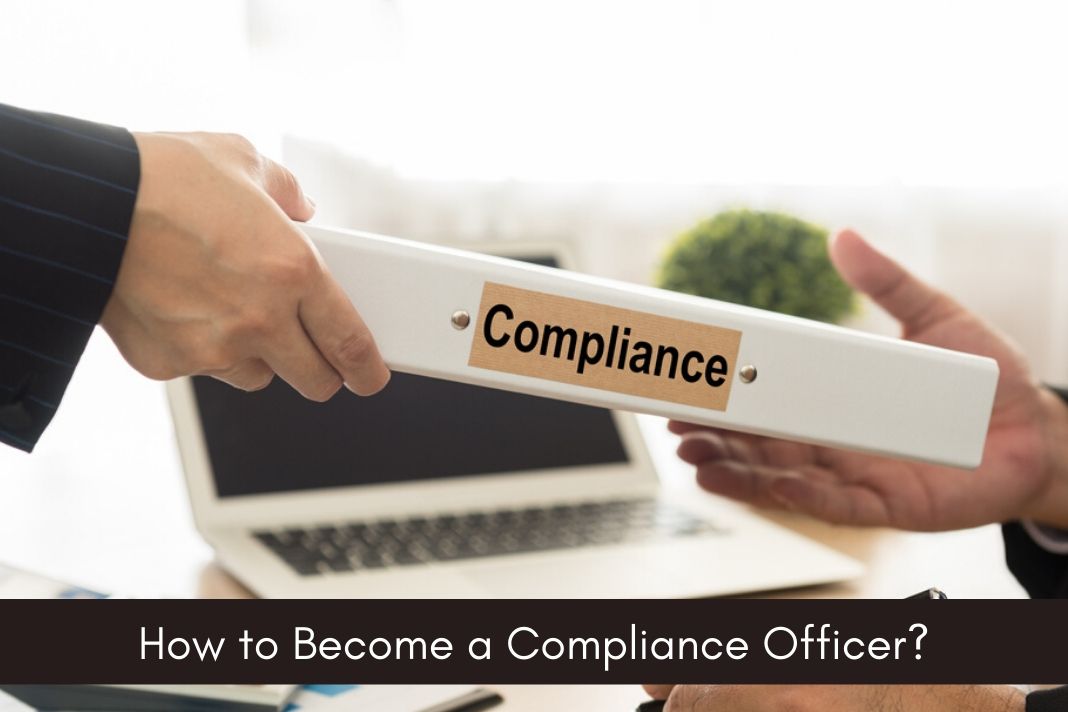
A compliance officer needs high attention to detail to ensure that businesses and companies are complying with the laws. They also need to ensure that the businesses have the required permits and licenses, as well as conduct periodic analysis and inspections of the job floors. Because of the technical nature of their job, compliance officers need high technical expertise in the subject matter relating to compliance.
Compliance officers are employed by firms to ensure that they are complying with the legal requirements applicable to their business. For any industry, there are statutory bodies that make the rules and regulations so that the firms have a uniform standard of operation, codes of conduct for ethical and moral operation. As a compliance officer, you need to understand each and every law and how they can impact your organization. Tasks involve making compliance strategies and reviews to make sure that your company fulfils with the requirements of financial and operational laws. Below is a brief summary of a compliance officer career path and numerous included positions.
Compliance Officer Education Requirements
Bachelor’s Degree
A compliance officer, irrespective of industry, needs a bachelor’s degree for the technical expertise needed.. There is no particular compliance officer degree. Individuals get a degree in law or accounting to understand the legal regulations governing various industries and the implications of those laws.
Master’s Certification and Degree
In a Master’s degree, individuals specialize in professions that would help them understand various elements of that industry. This helps them understand the compliance requirements of that process better.
Specializations in Master’s for a compliance officer would involve Finance, Accounts, Business Administration, and Law including white-collar crime, financial and operational compliance among others. Other certifications can also help in advancing an officer’s career such as getting a CFE license.
Internship
Before becoming a compliance officer for a factory or a business, you need to know the ins and outs of the industry. For this purpose, an internship would help you the most. They are also a great way to kickstart your career because compliance officer job positions work in a niche. Internships in compliance of specific processes or industries can help you grow as an officer in those processes or industries.
On-the-job Experience
It is not easy to become a compliance officer just when you are out of your college. To reach this position, you should have at least 5 years of work experience. You can start off with an entry-level job in the field of compliance. You will need practical experience to comprehend the regulatory requirements of the industry.
Areas of Work for Compliance Officers
There are different kinds of compliance officers employed in all types of industries. All industries need compliance officers who can keep track of the laws applicable to their business process or industry. Some processes that compliance officers work are:
- Healthcare compliance officer
- Customer compliance officer
- License compliance officer
- Bank controlling compliance officer
- Property compliance officer
[Also Read: How to Become a Correctional Officer in Simple Steps]
Job Description of Compliance Officer
The precise job description of a compliance officer might differ, and will depend upon the level of work experience, education, skill, certification, and industry. A few over-all job responsibilities have been stated here:
Evaluate and appraise compliance issues
- Protect the administration and board of directors of a company by ensuring they comply with the legal framework
- Ensure that all strategies abide the rules framed by various civic bodies and that all certifications and licenses for that are followed
- Keep abreast of the changes in compliance environment and communicate any changes that could impact the business
- Inform the management about the ramification of various decisions
- Organize compliance workshops for various levels of management to keep them informed about the dos and don’ts of operations
Compliance Officer Salary
The US Bureau of Labor Statistics reported that as of June 2019, the salary of compliance officers was $70,286. As per the BLS, compliance officers between the 10th and 90th percentile made $40,326 – $108,350 that year.
Skills you require to become a Compliance Officer
- Compliance officers require extraordinary communication, critical-thinking, organizational, reading, understanding, and logical skills. Potential compliance officers can get such skills through experience and education.
- Critical-thinking is a skill that needs the applicant to use reasoning and logic to recognize problems and examine the strengths and weaknesses of existing frameworks.
- Communication skills include the effective transfer of information, written as well as spoken, for making sure every level of management is compliant with the legal framework.
- Compliance officers must have managerial skills when managing meeting schedules, deadlines, goals, and keeping track of accounts.
- Compliance officers make use of investigative and informational skills to break down problems, examine their individual constituents, and make reliable solutions.(1)
Conclusion:
The job of a compliance officer requires technical expertise. It involves keeping close track of legal developments and changes in the compliance climate of a country with respect to the process or the industry. They are the bridge between the management and the regulatory authorities.




